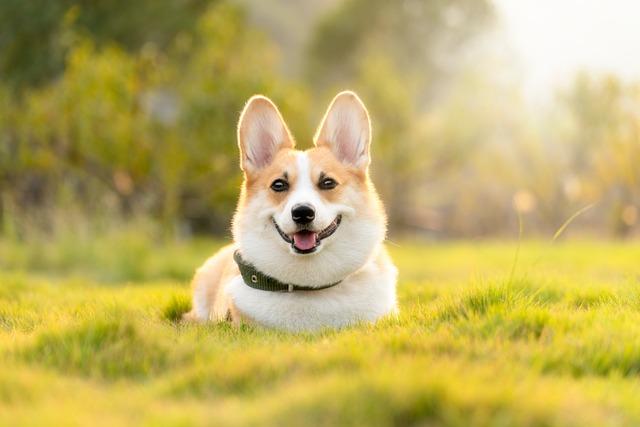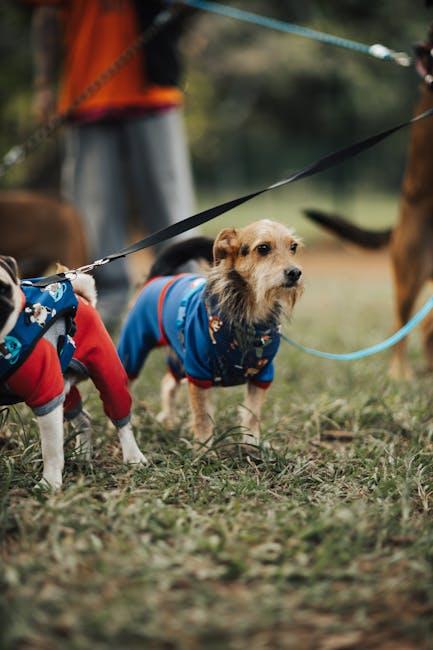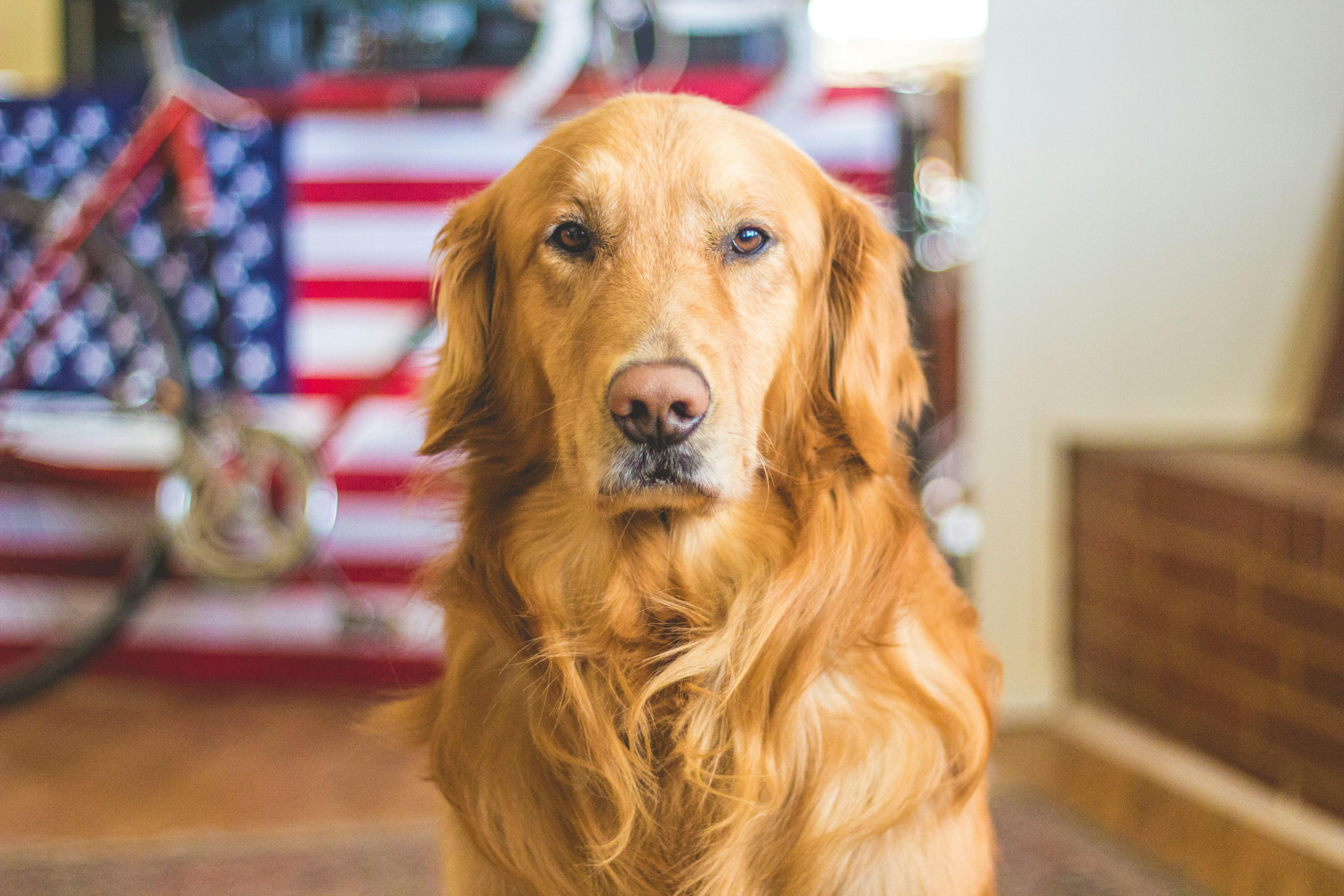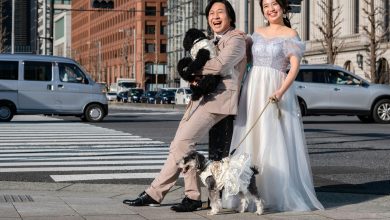Can Socialization Fix a Dog’s Aggressive Behavior

In the world of wagging tails and playful barks, dogs are often seen as man’s best friend, embodying loyalty and unconditional love. Yet, beneath the surface of their friendly demeanor, some dogs grapple with aggressive tendencies that can challenge even the most devoted pet owners. As guardians of these complex creatures, we are compelled to ask: can socialization, a cornerstone of canine development, serve as a remedy for aggression? This exploration delves into the heart of this question, unraveling the intricate tapestry of behavior, environment, and interaction. Join us as we embark on a journey to understand whether socialization can truly transform a growl into a wag, and what it means for the bond between humans and their four-legged companions.
Understanding the Roots of Canine Aggression
To grasp the complexities of canine aggression, it’s essential to delve into its underlying causes. Aggression in dogs can stem from a variety of sources, including genetics, environment, and past experiences. Some dogs may have a predisposition to aggressive behavior due to their breed or lineage, while others might develop such tendencies as a result of negative experiences or trauma. Understanding these roots can provide valuable insights into addressing and potentially mitigating aggressive behavior.
- Genetic Factors: Certain breeds have a reputation for being more aggressive, often due to their original purpose, such as guarding or hunting.
- Environmental Influences: A dog raised in a stressful or abusive environment may develop aggression as a defensive mechanism.
- Past Experiences: Trauma or negative encounters with humans or other animals can leave lasting impressions, leading to aggressive reactions.
By identifying the root causes of aggression, owners and trainers can better tailor their approaches to socialization and training, aiming for a more harmonious coexistence between humans and their canine companions.

The Role of Socialization in Behavior Modification
Socialization plays a pivotal role in shaping a dog’s behavior, serving as a fundamental tool for behavior modification. Through exposure to a variety of environments, people, and other animals, dogs can learn to navigate the world more confidently and calmly. Socialization is not just about meeting other dogs; it involves a comprehensive introduction to different stimuli, helping to reduce fear and anxiety that often contribute to aggressive tendencies.
- Environmental Exposure: Gradually introducing a dog to new settings can help them adapt and react positively to unfamiliar surroundings.
- Controlled Interactions: Carefully managed meetings with other dogs and people can teach appropriate social cues and responses.
- Desensitization: Repeated, positive exposure to specific triggers can diminish aggressive reactions over time.
While socialization is a powerful tool, it’s important to remember that it is not a one-size-fits-all solution. The underlying causes of aggression, such as fear, frustration, or territorial behavior, must also be addressed with tailored strategies. Ultimately, a combination of socialization and targeted behavioral training can lead to a more harmonious relationship between dogs and their human companions.
Practical Strategies for Safe and Effective Socialization
When addressing aggressive behavior in dogs, effective socialization requires a blend of patience, consistency, and the right strategies. The goal is to create positive experiences that help your dog develop trust and comfort around other animals and humans. Here are some practical strategies that can guide you:
- Controlled Environments: Start by introducing your dog to new environments gradually. Opt for quiet, controlled settings where the dog feels secure.
- Positive Reinforcement: Use treats and praise to reward calm and friendly interactions. This helps build a positive association with social encounters.
- Consistent Routine: Establish a routine for socialization activities. Consistency helps reduce anxiety and reinforces good behavior.
- Professional Guidance: Consult with a certified dog trainer or behaviorist to tailor strategies that suit your dog’s specific needs.
By incorporating these strategies, you can gradually help your dog overcome aggressive tendencies, paving the way for a more harmonious relationship with others.

Expert Recommendations for Long-Term Success
For those aiming for long-term success in managing a dog’s aggressive behavior, a comprehensive approach involving expert recommendations is essential. The journey begins with consistent training. Engaging with a professional dog trainer who specializes in behavioral issues can provide invaluable insights tailored to your dog’s specific needs. Positive reinforcement techniques are crucial, as they encourage desired behaviors without instilling fear or anxiety.
- Regular socialization: Gradually introduce your dog to various environments, people, and other animals to help reduce fear-based aggression.
- Routine health check-ups: Ensure that your dog’s aggression isn’t stemming from underlying medical issues by scheduling regular veterinary visits.
- Establish a daily routine: Consistent schedules for feeding, walking, and playtime can create a sense of security and stability.
It’s equally important to manage your expectations. Behavior modification takes time, and setbacks may occur. Remaining patient and persistent, while continually seeking guidance from professionals, can gradually transform aggression into more socially acceptable behavior, ensuring a harmonious coexistence with your furry friend.



